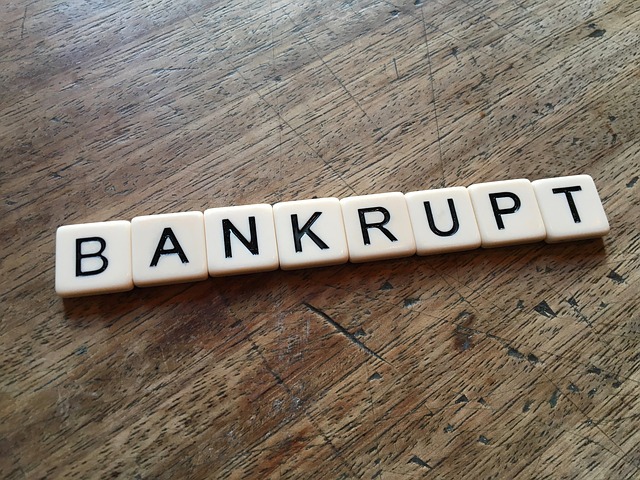Studies have shown a variety of factors can lead to someone being at the point of bankruptcy. The most prevalent of these factors, however, is medical bills and health issues. About two-thirds of people cite this as a cause of bankruptcy — far higher than the second-highest cause, foreclosure, which affects about 45 percent of bankruptcies.
Most people know that they don’t want to end up filing for bankruptcy if at all possible. But unless you’ve been through it before, it’s likely you don’t know too much about the process. There are actually several ways to file for bankruptcy. Here are some things to consider if you’re wondering if you should file Chapter 7 or Chapter 13 bankruptcy.
What’s Important to Know about Chapter 7 Bankruptcy?
Chapter 7 is the most common type of bankruptcy for individuals, accounting for about 68 percent of all individual bankruptcies between 2006 and 2017. One of the benefits of Chapter 7 is that it’s more straightforward than most kinds of bankruptcy. This is because Chapter 7 is what’s known as a liquidation.
What is Chapter 7 bankruptcy? When you file for bankruptcy, you’re declaring you can’t pay back your debt. And when you go through a liquidation bankruptcy, you’re basically allowing an appointed trustee to sell off your nonexempt assets to repay your debt. The benefit to this is the process generally goes fairly quickly. Plus, you’ll be off the hook for getting collections calls.
What’s Important to Know about Chapter 13 Bankruptcy?
Chapter 13 works a bit differently than Chapter 7 bankruptcy. Unlike Chapter 7, which is sort of a condensed process, Chapter 13 goes on for many years. The main difference between these types of bankruptcy is that while Chapter 7 aims to liquidate assets to pay lenders right away, Chapter 13 allows the filer to adhere to a repayment plan.
Chapter 13 is otherwise known as a reorganization bankruptcy. This is generally a better type of bankruptcy for individuals who have a good number of real assets, as they can keep those as long as they adhere to the repayment plan. On the other hand, people who don’t own a home or other expensive hard assets will probably be better off with Chapter 7 if they qualify.

Why Not File for Bankruptcy?
Filing for bankruptcy can be made out as this instant solution to solve your financial problems — and sometimes borrowers find it’s their best option when they’re very deep in debt. But it’s important to remember this path is usually not quick nor easy.
These are a few of the reasons you don’t want to go bankrupt if you can avoid it:
- Even once you’ve finished the legal aspects of bankruptcy, it’s still with you. Bankruptcies can stay on your credit report for seven or 10 years, depending on the type. This can make it much harder to get new lines of credit.
- Your credit score will likely take a major hit. Lenders don’t like to see that you don’t repay debt. Bankruptcy is sort of the ultimate signifier of this.
- It can be expensive to file for bankruptcy. You’re typically going to want to get an attorney to represent you. Plus, there are fees associated with bankruptcy.
- There’s a chance you won’t be granted bankruptcy. In these cases, you can still end up on the hook for most of your debt.
If you can avoid bankruptcy, you should. Consider the benefits of credit counselling or a debt relief program. Both of these are alternatives worth exploring before committing to bankruptcy, considering the effect it can have on your credit and assets.
